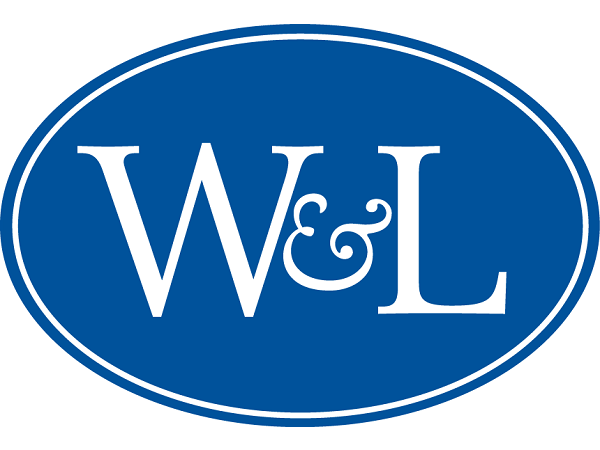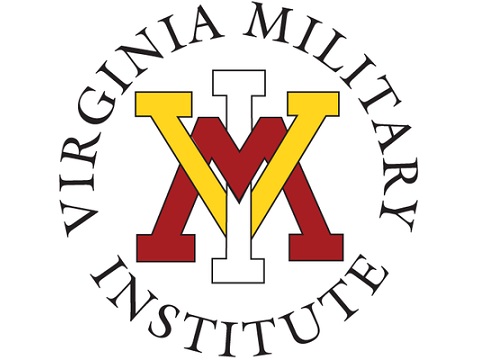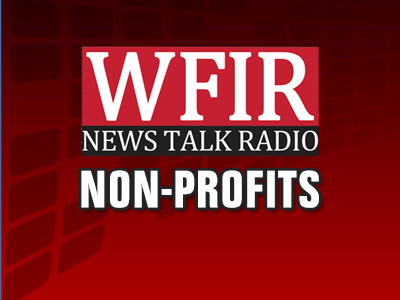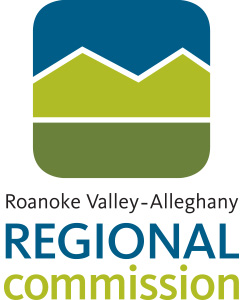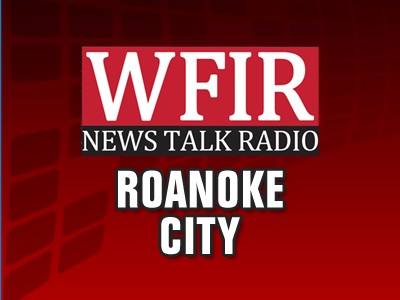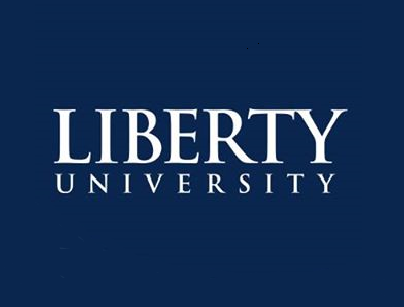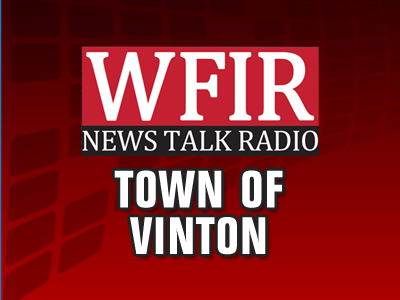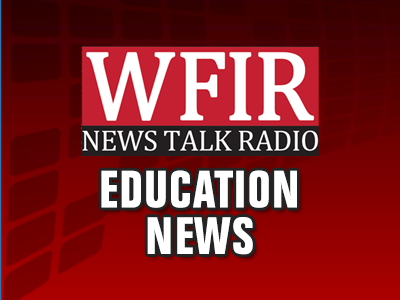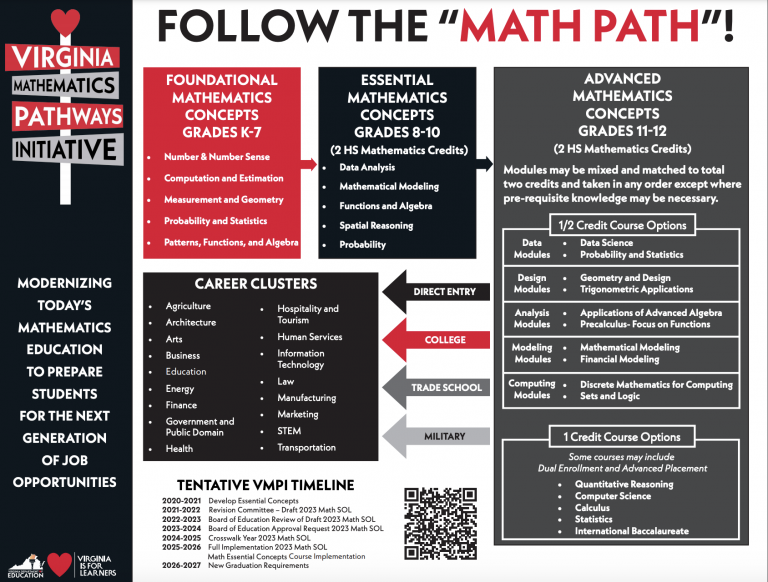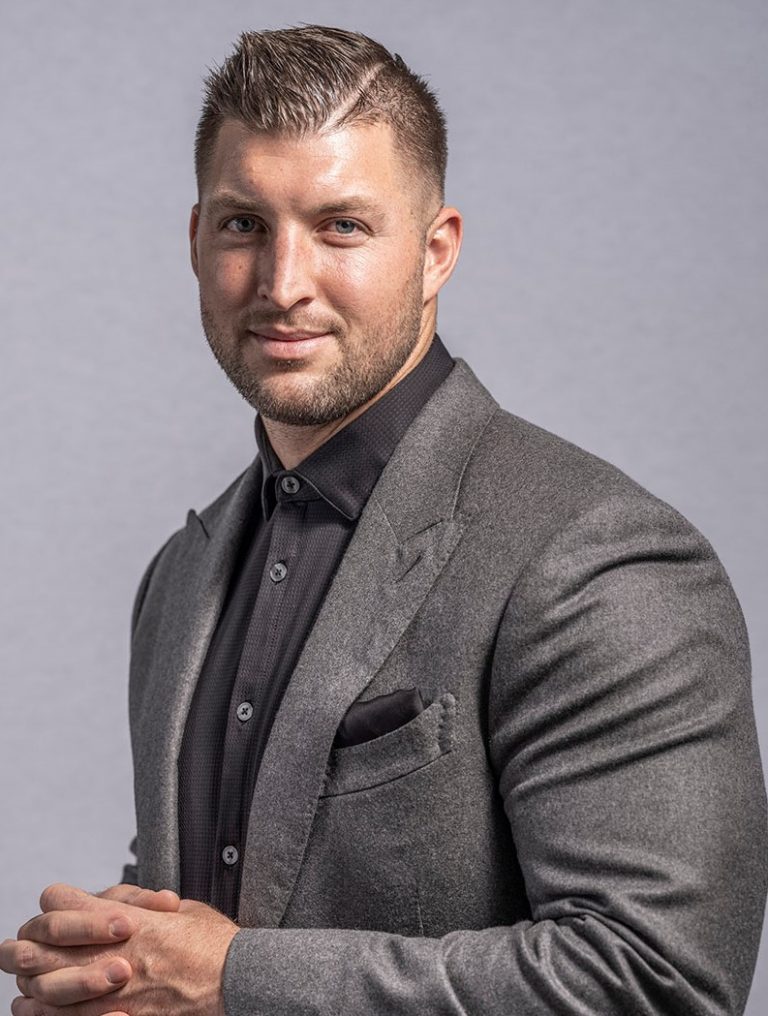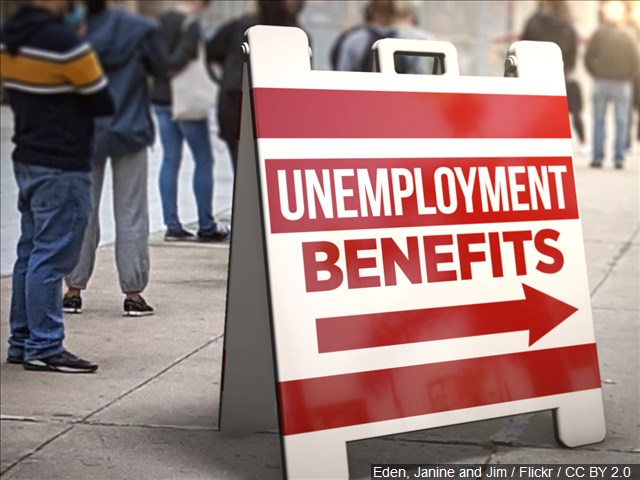(AP) Washington and Lee University’s trustees have voted against removing the name of Confederate Gen. Robert E....
Local Government, Civic Affairs and Education
RICHMOND—Governor Ralph Northam today joined statewide leaders in responding to a newly-released report on campus culture at...
Boys and Girls Clubs of Southwest Virginia has awarded its first annual educational scholarship to a club...
The Roanoke Valley-Alleghany Regional Commission released a comprehensive economic development strategy for public review…WFIR’s Rob Ruthenberg has...
At today’s Roanoke City Council meeting a proposed balanced budget of more than $307 million was presented...
(LU release) Liberty University’s virtual Commencement ceremony on Saturday was the grand finale to a week of...
The Roanoke County Board of Supervisors met Tuesday and passed various resolutions involving economic development in the...
The Roanoke City School system has big plans, which were laid out this morning at a joint...
After reports they were doing away with accelerated Math courses, Virginia Education officials are discussing what changes...
Lynchburg, VA — Liberty University President Jerry Prevo has announced that professional athlete, author, speaker, and philanthropist...
RICHMOND, Va. (AP) — Jobless workers collecting unemployment benefits will be required to report looking for work...
Roanoke City will have a new Deputy City Manager this summer. Clarence Grier was most recently Deputy...
(Vinton release) The Town of Vinton is pleased to announce the selection of Cody Sexton as the...
ROANOKE – Virginia Western Community College announces plans to provide a full array of in-person classes for its...
The State Superintendent of Public Schools in Virginia – Dr. James Lane – stopped by Cave Spring...

